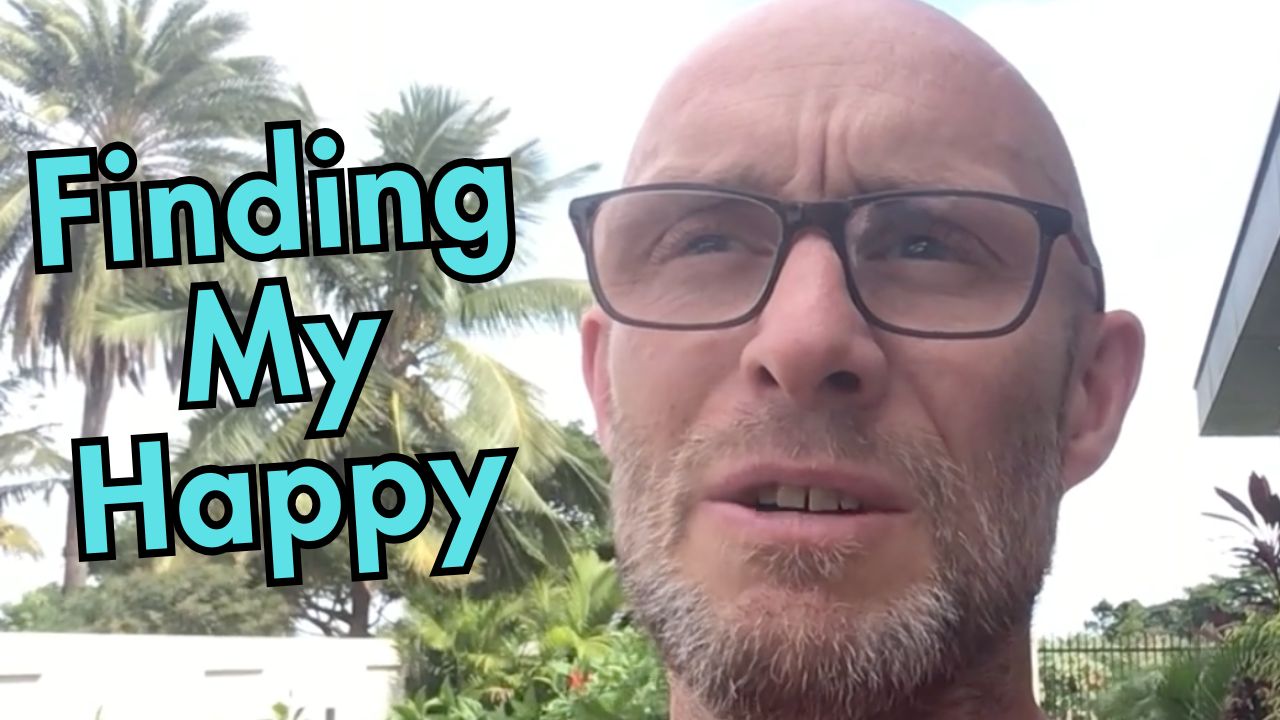When life throws challenges at you, how do you usually respond?
Many people say things like, “I can do this” or “I’ve got this.” These are what I call statements of capability. They remind you that you can handle things, that you have the skills or strength to get through whatever’s in front of you.
But here’s the problem: capability isn’t the same as action.
You can be perfectly capable and still not do the thing you know you should. That’s often where self-sabotage creeps in.
The Difference Between “I Can” and “I Will”
Let’s be honest, most of us can do the difficult things. We’ve done plenty of them before. We’ve faced hardship, made tough decisions, and come out stronger. So the question isn’t really “Can I?”. It’s “Will I?”
That’s where a statement of intent becomes powerful. It shifts your focus from potential to commitment. From maybe to yes.
One phrase that really stuck with me came from a brilliant book called No More Mr Nice Guy (which I highly recommend if you’re a bloke working on your mindset). The phrase is:
“No matter what happens, I will handle it.”
Simple. Direct. Intentional.
And unlike “I can handle it,” it’s a declaration of intent. You’re not talking about what you’re capable of. You’re promising yourself that you’ll actually step up and deal with it. Whatever “it” may be.
Why Intent Matters in Breaking Self-Sabotage
You see, self-sabotage thrives in hesitation.
When you tell yourself “I can do it” but never take the next step, you’re reinforcing inaction. You’re teaching your subconscious that you don’t follow through.
But when you say “I will handle it”, and repeat it, you’re rewiring your brain to act. It’s not about positive thinking; it’s about creating a new default response to challenges.
That small shift can make a huge difference. Over time, your subconscious starts to believe it.
And belief leads to behaviour.
You begin to face things head-on rather than procrastinating or avoiding them. You stop giving in to the part of you that delays, distracts, or doubts.
In short, you start dismantling the habits of self-sabotage.
How to Use This in Your Daily Life
Here’s how to put this into practice:
- Notice your self-talk. Catch yourself when you say things like “I can do this” or “I’ve got this.”
- Change the language. Replace it with “I will handle this” or “I will take care of this.”
- Repeat it often. Say it out loud. Write it down. Use it whenever you feel resistance.
- Back it up with action. Even a small step counts. Every time you act, you reinforce the belief.
Remember, a belief is simply something you’ve told yourself enough times that it’s sunk in. So start telling yourself something that actually drives you forward.
Final Thought
No matter what happens, you will handle it. You will get through it. You will learn and grow.
It takes practice, and sometimes you’ll slip. But each time you choose “I will” instead of “I can”, you’re building the kind of mindset that keeps self-sabotage out of the driver’s seat.
So next time things get tough, skip the pep talk and make a promise to yourself instead:
“No matter what happens, I will handle it.”


